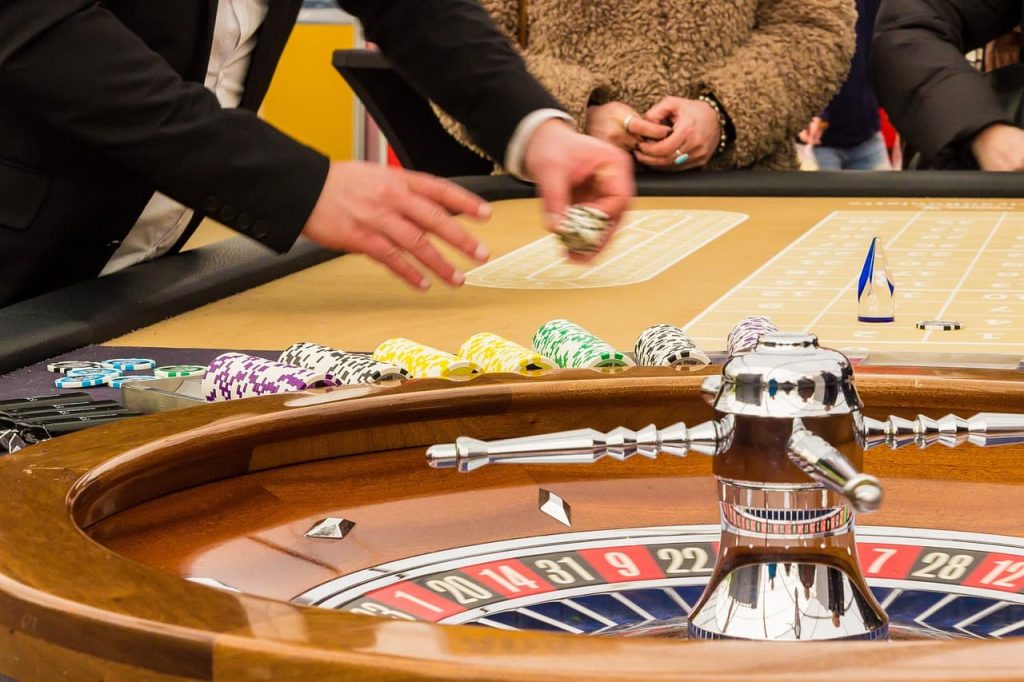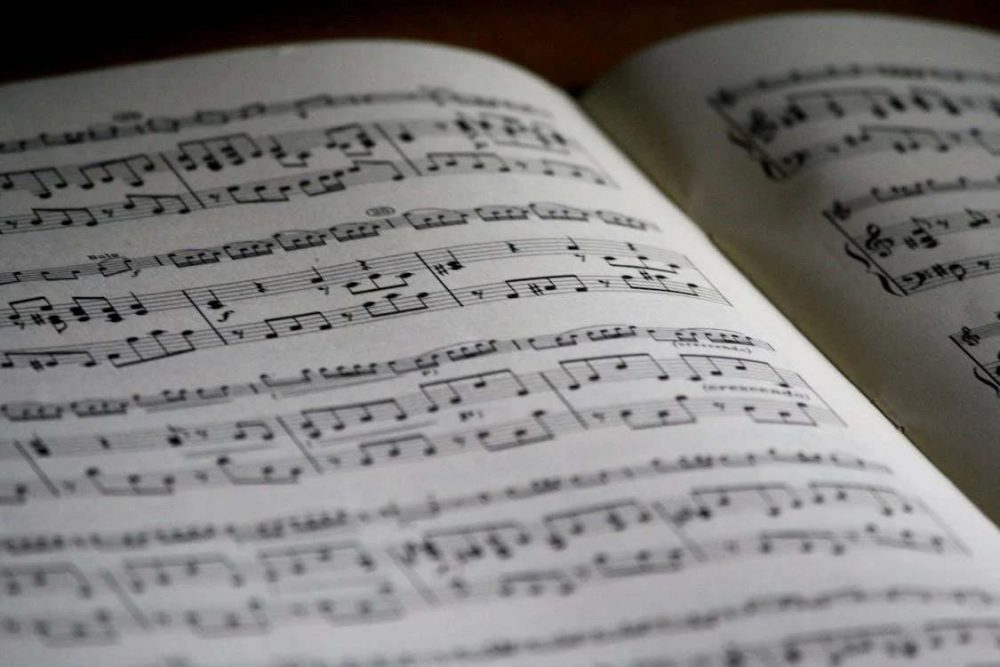Music and Emotion: The Psychology of What We Listen To
Music has long been acknowledged as a potent emotional conduit capable of eliciting a wide range of emotions. Music’s ability to impact our emotional states is generally accepted, from the solemn notes of a classical requiem to the upbeat rhythms of a pop hit. But what is it about music that makes it such a powerful emotional medium? And how do our brains process these sonic elements to generate specific feelings? In answering these questions, we dive into the psychology of music and emotion, giving light on why certain songs strike a deep emotional chord with us.
The Neuroscience of Music and Emotion
To understand how music affects our emotions, we must first understand the neurological mechanisms at work. Music stimulates several brain areas, including the amygdala, which is connected with emotional processing, and the dopamine-releasing reward circuits. When these brain networks are engaged, emotional responses ranging from joy and enthusiasm to melancholy and nostalgia are elicited. It’s a complicated interaction between cognitive processing and emotional arousal, made possible by the auditory system of the brain and its links to emotional regions.
Emotional Markers in Music
One of the ways music elicits emotion is through specific musical markers. These are elements that inherently possess emotional qualities and are universally understood, irrespective of cultural background.
Key Emotional Markers in Music:
- Melody: A catchy, ascending melody often elicits feelings of happiness and excitement, while a descending melody may evoke a sense of sadness or contemplation.
- Rhythm: A fast tempo typically arouses energetic or positive emotions, while a slower tempo can induce feelings of calm or melancholy.
- Harmony: Major chords are generally associated with uplifting or peaceful emotions, whereas minor chords tend to evoke darker or sadder feelings.
- Lyrics: The narrative or message of the song can significantly impact its emotional tone. Lyrics can reinforce or juxtaposed against the emotion conveyed by the musical elements.
- Volume and Dynamics: Crescendos and decrescendos can intensify emotional reactions, while abrupt changes in volume can generate surprise or suspense.
Cultural and Personal Factors
While there are universal markers, the emotional impact of music is not entirely objective. Cultural background and personal experiences play pivotal roles in shaping our emotional responses to music. For example, a melody that evokes nostalgia in one person may have no emotional significance for another. Similarly, certain genres of music may be emotionally resonant in specific cultural contexts but not in others.
Importantly, these cultural and personal factors can also extend to traditions and rituals where music plays a significant role. In various cultures, certain types of music are strongly associated with specific ceremonies, festivals, or rites of passage. These associations deeply engrain emotional responses to particular musical elements, creating a layer of emotional complexity that transcends mere auditory experience. As a result, what might be a purely joyful melody in one cultural context might evoke solemnity or even sorrow in another, highlighting the inextricable link between our cultural heritage and emotional interpretation of music.

Emotional Regulation and Coping
Music is often used as a tool for emotional regulation. People frequently listen to specific tracks or genres to elevate their mood, cope with stress, or immerse themselves in contemplation. Various therapeutic practices employ music to evoke specific emotional states, such as relaxation or concentration, demonstrating its effectiveness as an emotional modulator.
Furthermore, the intentional use of music for emotional regulation has given rise to subfields like music therapy, where trained professionals employ music-based interventions to address various emotional and psychological issues. The efficacy of such therapeutic approaches is backed by an increasing body of research, affirming the power of music to serve as an emotional catalyst in clinical settings. This extends beyond merely listening to music; the act of creating music—whether through singing, playing instruments, or even composing—can also be a powerful form of emotional expression and regulation.
Conclusion
Music is a powerful emotional medium that is inextricably tied to psychological processes. Its strength is in its capacity to transmit a wide range of emotions via a complicated neural network and diverse musical components. Understanding the psychology behind this can enhance our perception of music and help us maximize its healing potential.
To summarize, the psychology of what we hear is a dynamic area that encompasses both universal truths and particular idiosyncrasies. Music’s association with emotion is rich and multidimensional, ranging from neurological pathways to emotional indicators, cultural effects to therapeutic applications, making it one of the most exciting issues in both the arts and sciences.














